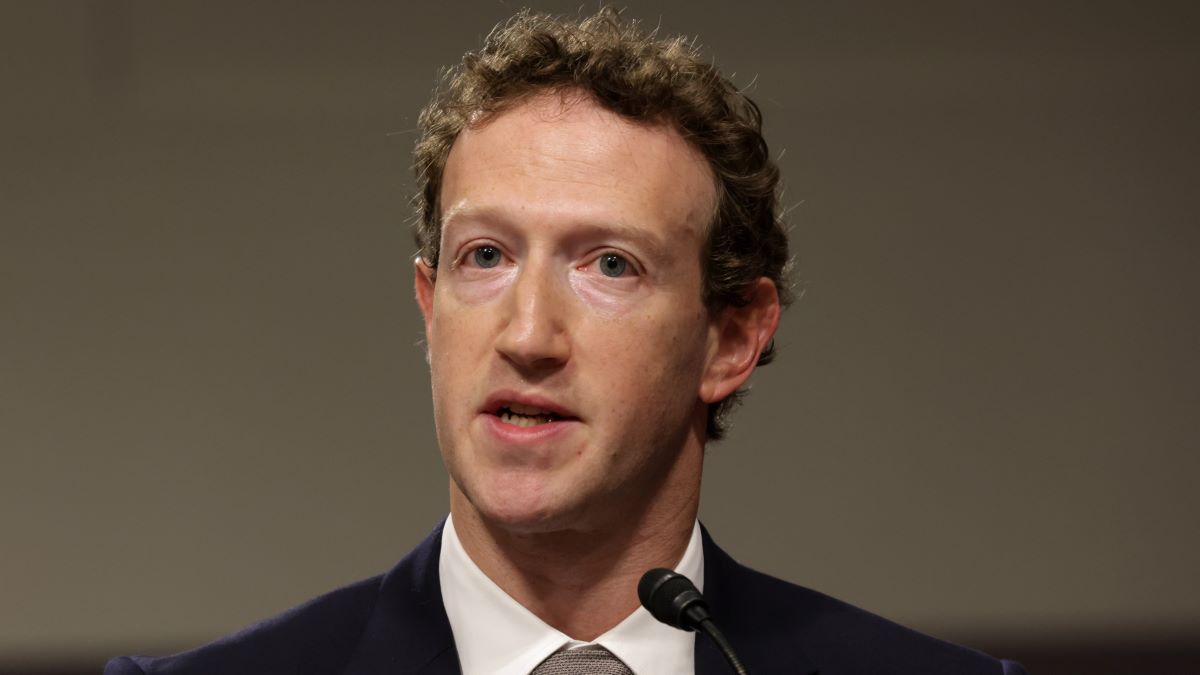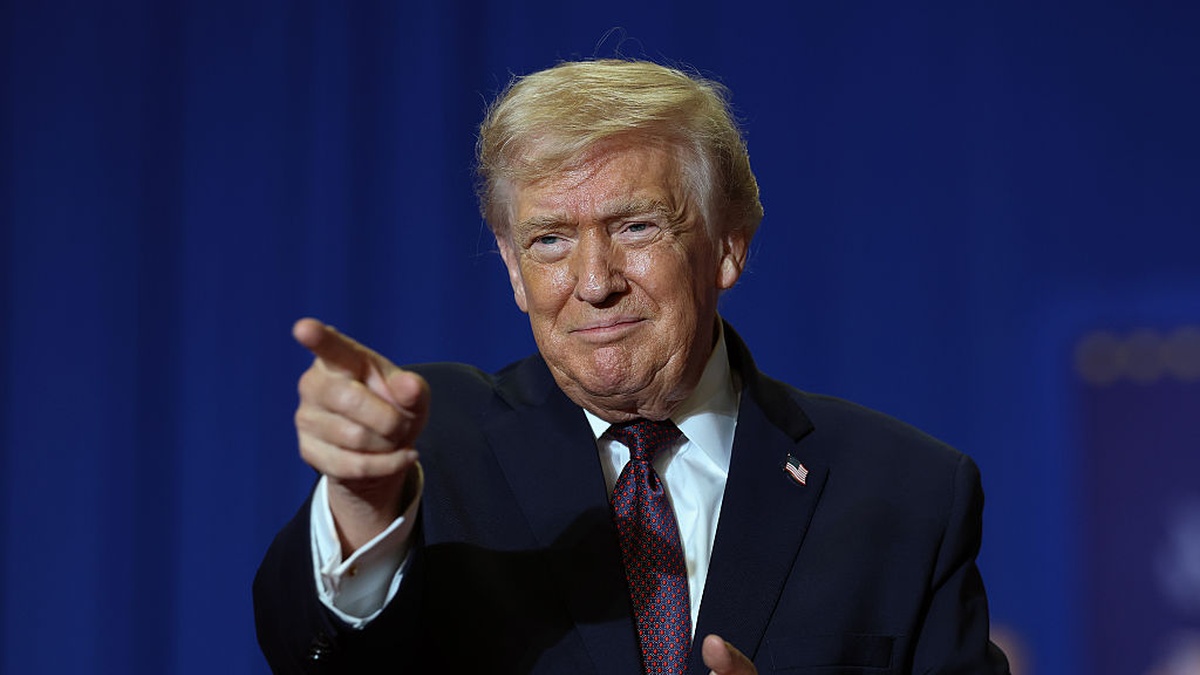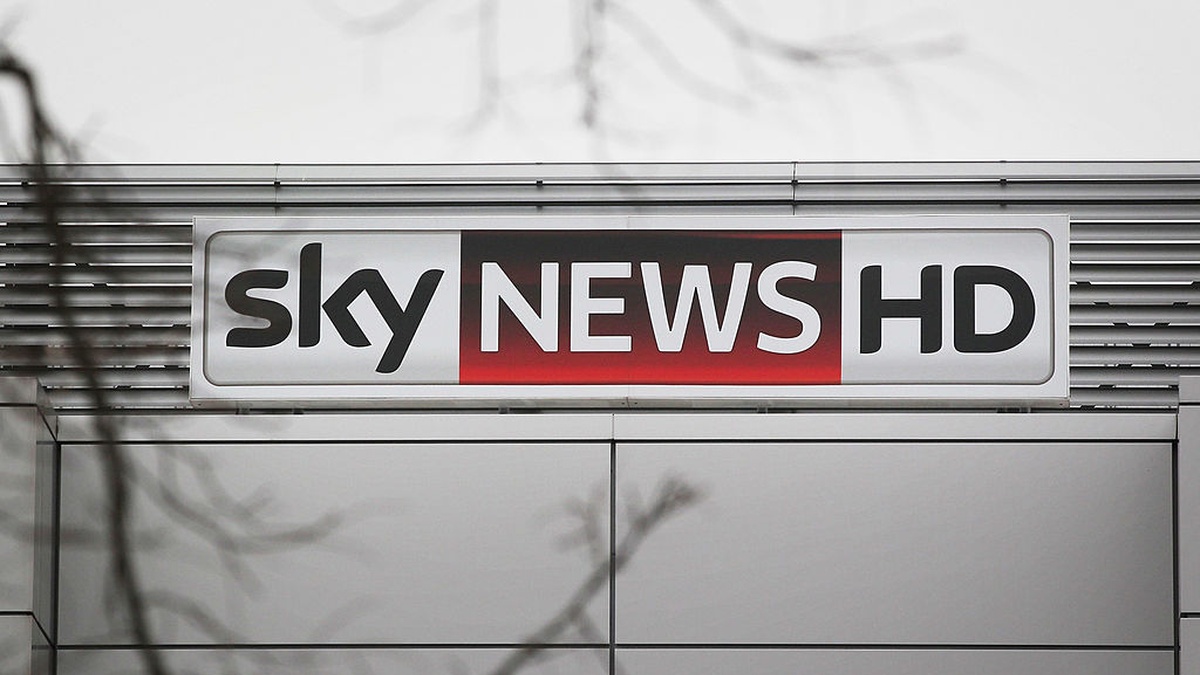In a letter dated Aug. 26, 2024, Meta CEO Mark Zuckerberg expressed his regret over his platform’s initiative to censor content during the COVID-19 pandemic. In the letter addressed to the House Judiciary Committee and its chairman Jim Jordan (R-OH), the tech mogul claims the Biden Administration pressured Facebook to censor posts that amounted to COVID disinformation.
Jordan, as the Committee chairman, has seemingly endeavored, as reporter Lisa Macpherson wrote, “to preserve the ability to use disinformation as a political strategy” under the guise of combating anti-trust laws. Last year, the politician went after Zuckerberg and Facebook in an investigation that is still underway and seeks to conclude that the Biden Administration had a hand in the censoring of free speech on the social media platform. Zuckerberg’s letter then is an unquestionable win for the House Judiciary GOP. A victory that is, predictably, being overblown by Republicans scrambling for reasons to discredit the Democratic ticket ahead of the November election.
In October 2023, a The New York Times opinion piece called Jordan “a Trumpian strongman” who has never been “a serious legislator.” To reaffirm where his head is at less than three months away from election day, in a statement on Monday, Aug. 19, Jordan said, “As Democrats celebrate Joe Biden and crown Kamala Harris as his heir apparent this week, Americans should remember the reality of the Biden-Harris Administration: crime, chaos, and corruption.”
There can be little doubt that, regardless of its motivations, Zuckerberg’s letter perfectly falls into Chairman Jordan’s particular political agenda.
What did Zuckerberg’s letter say and what does it mean?
Mark Zuckerberg’s recent letter details how, in 2021, “senior officials from the Biden Administration” “repeatedly pressured” Facebook to censor certain content pertaining to COVID-19, “including humor and satire.” Although Zuckerberg admits that they ultimately made the decision to abide by the White House’s demands, he condemns the political pressure as “wrong,” and that, in hindsight, he and his team would have made different choices.
Zuckerberg then decided to pivot towards the Hunter Biden laptop situation, a story first reported by the New York Post in 2020, which attempted to establish evidence of an association between then-Vice President Joe Biden and corrupt business dealings overseas. The tech CEO explained that, while the Post’s story was being reviewed by fact-checkers, it was “temporarily demoted,” another decision he now laments.
Unsurprisingly, in a Truth Social post, Donald Trump leaped at the chance to treat Zuckerberg’s letter as evidence that the 2020 election was stolen from him: “Zuckerberg admits that the White House pushed to SUPPRESS HUNTER BIDEN LAPTOP STORY (& much more!). IN OTHER WORDS, THE 2020 PRESIDENTIAL ELECTION WAS RIGGED.”
In response to Zuckerberg’s letter, the White House issued a statement:
“When confronted with a deadly pandemic, this Administration encouraged responsible actions to protect public health and safety. Our position has been clear and consistent: we believe tech companies and other private actors should take into account the effects their actions have on the American people, while making independent choices about the information they present.”
The letter’s final paragraph addressed the CEO’s intention to not make any financial contributions to this presidential election cycle and aid in voter registration efforts as he did in 2020.
This written 2-page document may be another attempt by Zuckerberg to polish his public image and portray his company as the bearer of the best intentions. But one cannot forget how Facebook was used as a manipulation tool in the 2016 elections, thanks to bad actors like Cambridge Analytica, nor should we forget how earlier this year Zuckerberg and other tech CEOs were grilled by the Senate Judiciary Committee for their failure to effectively combat cyberbullying and the abuse of children happening on their platforms. Zuckerberg has often depicted his company as being an industry leader in tackling such issues whereas evidence has surfaced over the years that points in the opposite direction.
In her 2023 book, The Power of One, whistleblower Frances Haugen testified to Facebook’s priority to keep itself away from hot water above all else:
“Seven of the fifty fact-checking partners in 2020 focused on the United States, leaving most other countries, if they had a fact-checker at all, with only one. Facebook did not allocate resources based on need—they allocated precious safety resources based on the fear of consequences for the company. Some unstable country teetering toward ethnic violence likely had greater need for fact-checking budgets than did the United States, but Facebook was a US corporation and they feared angering the public or government, which might in turn force oversight of their operations.”
For someone with the goal of remaining “neutral and not [playing] a role one way or another,” Zuckerberg’s letter has undoubtedly caused political ripples. While it can be interpreted as a defense against the anti-trust lawsuit aimed at Meta, it is undeniable, judging by the discourse online, that the CEO has just handed Jim Jordan and other Republicans some rhetorical ammunition to fire at Democrats ahead of the presidential election.











Published: Aug 28, 2024 07:29 am